Free Carbon Neutral Shipping On Orders $75+, Plus 4 Free Samples!
Pay with Klarna
Connect with Us and Get FREE Shipping. Sign Up!
- For A Good Life
- Hair Quiz
- Blog
- Salon Locator
- Personal Account Salon Locator
- Shop Best Sellers Buy Now Pay Later with Klarna
Free Carbon Neutral Shipping On Orders $75+, Plus 4 Free Samples!
Pay with Klarna
Connect with Us and Get FREE Shipping. Sign Up!

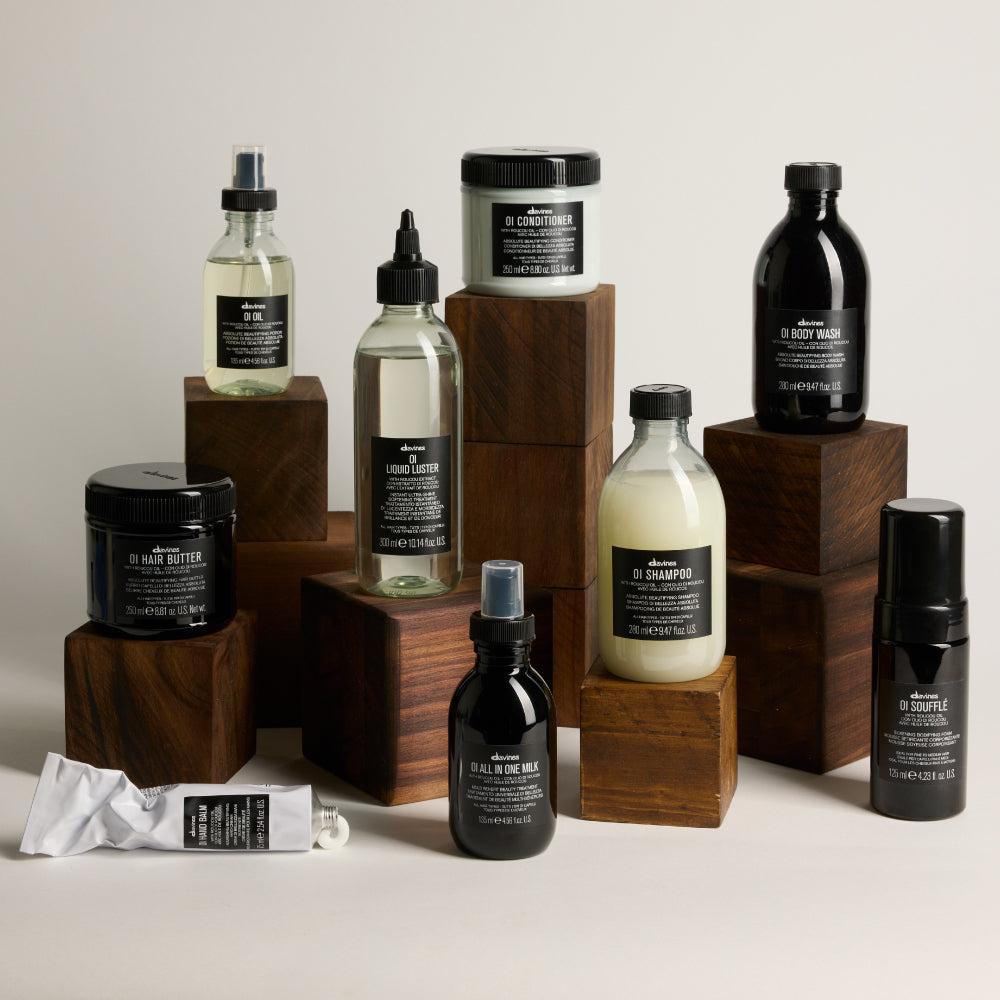


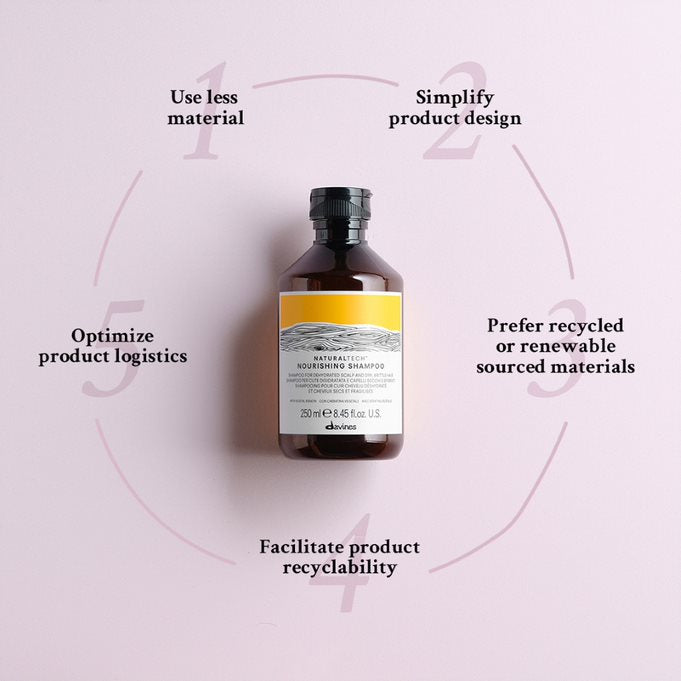
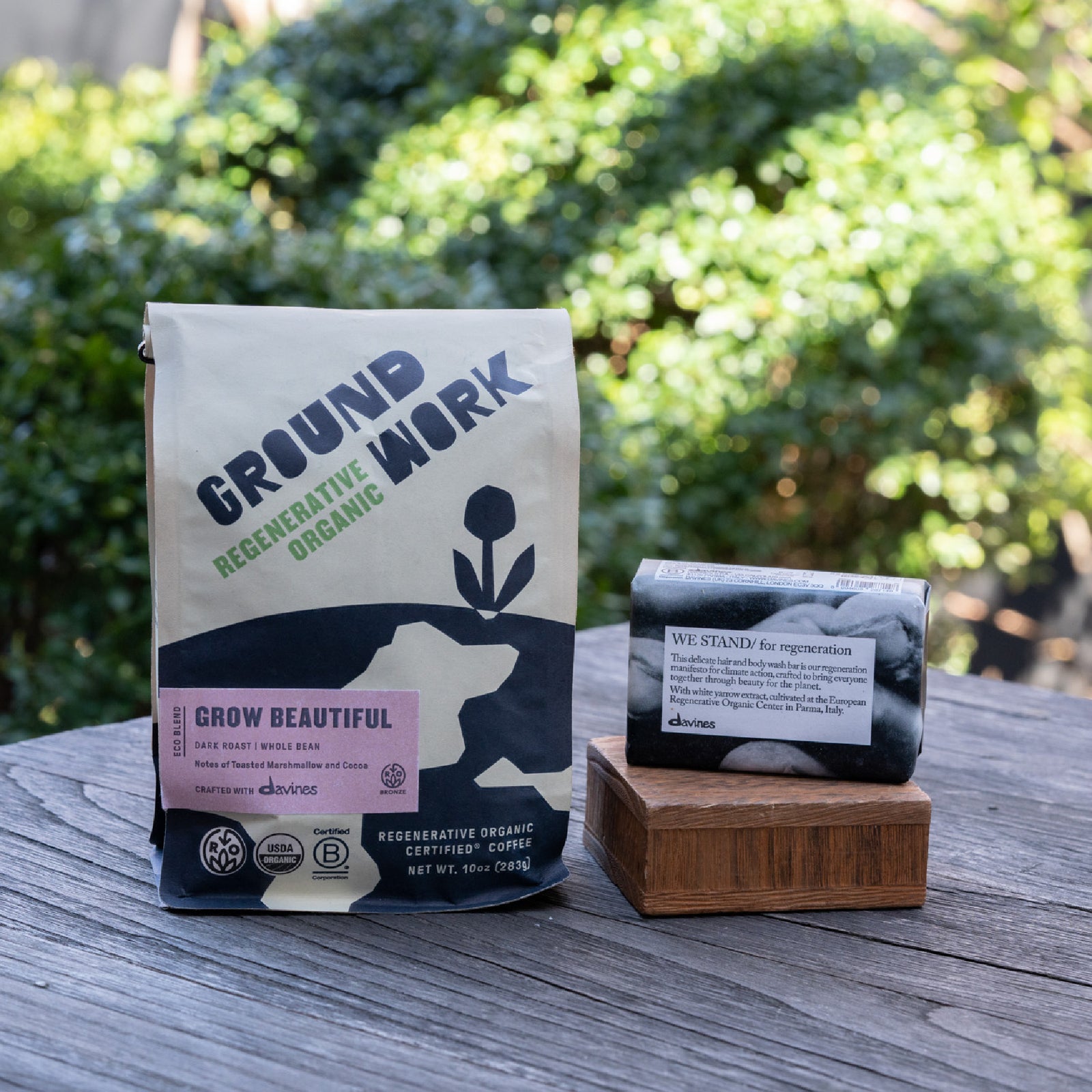
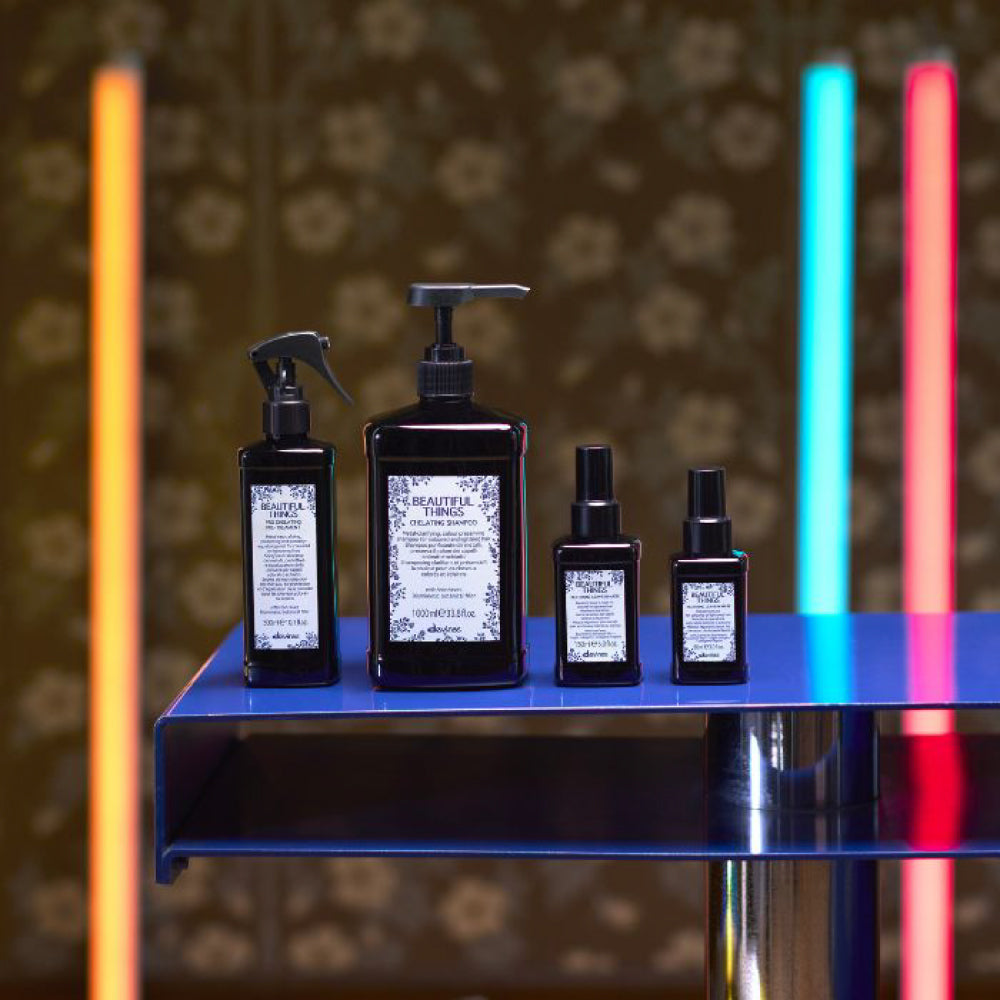

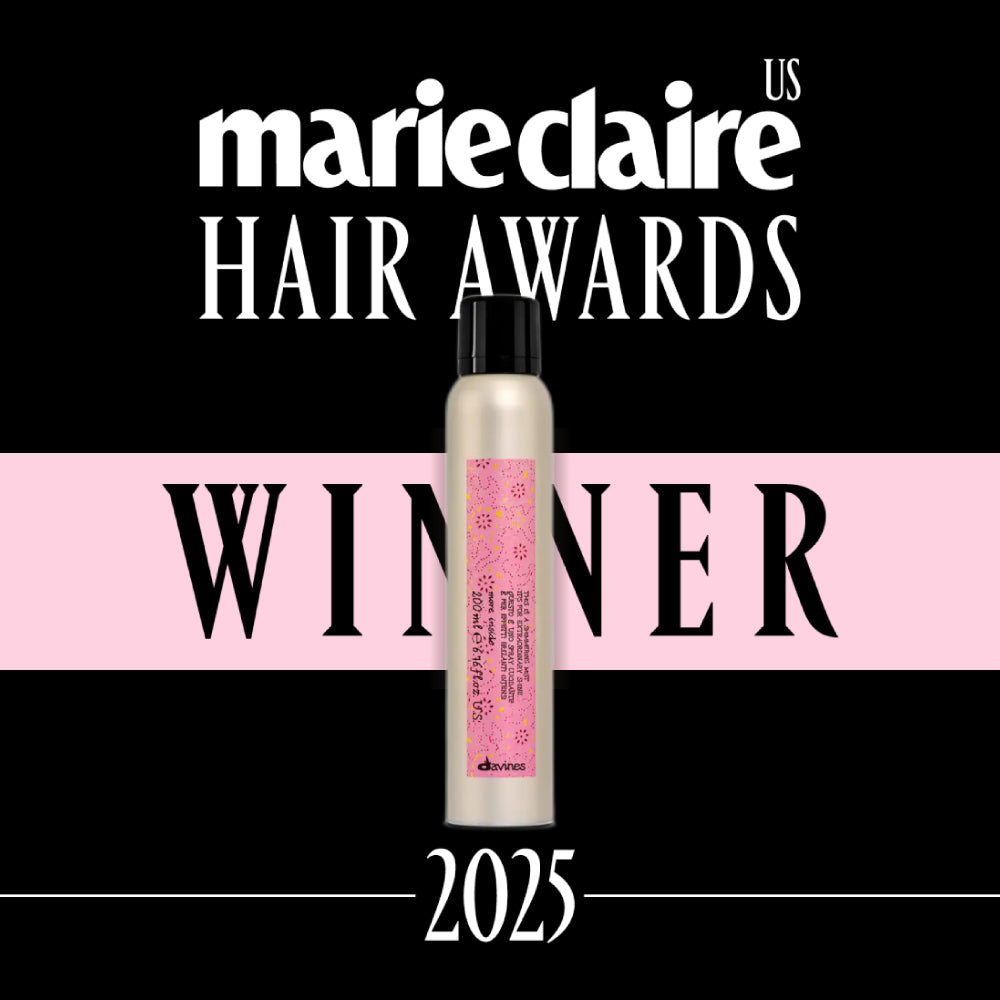
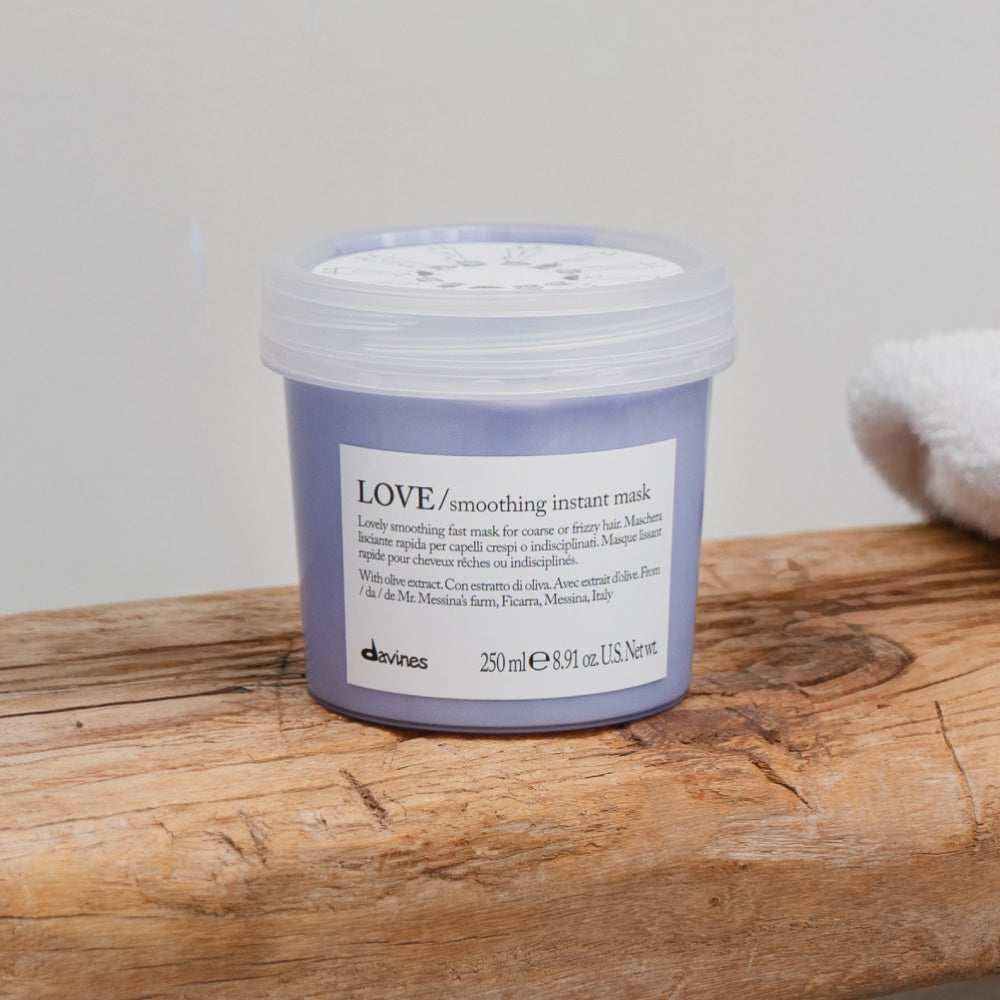
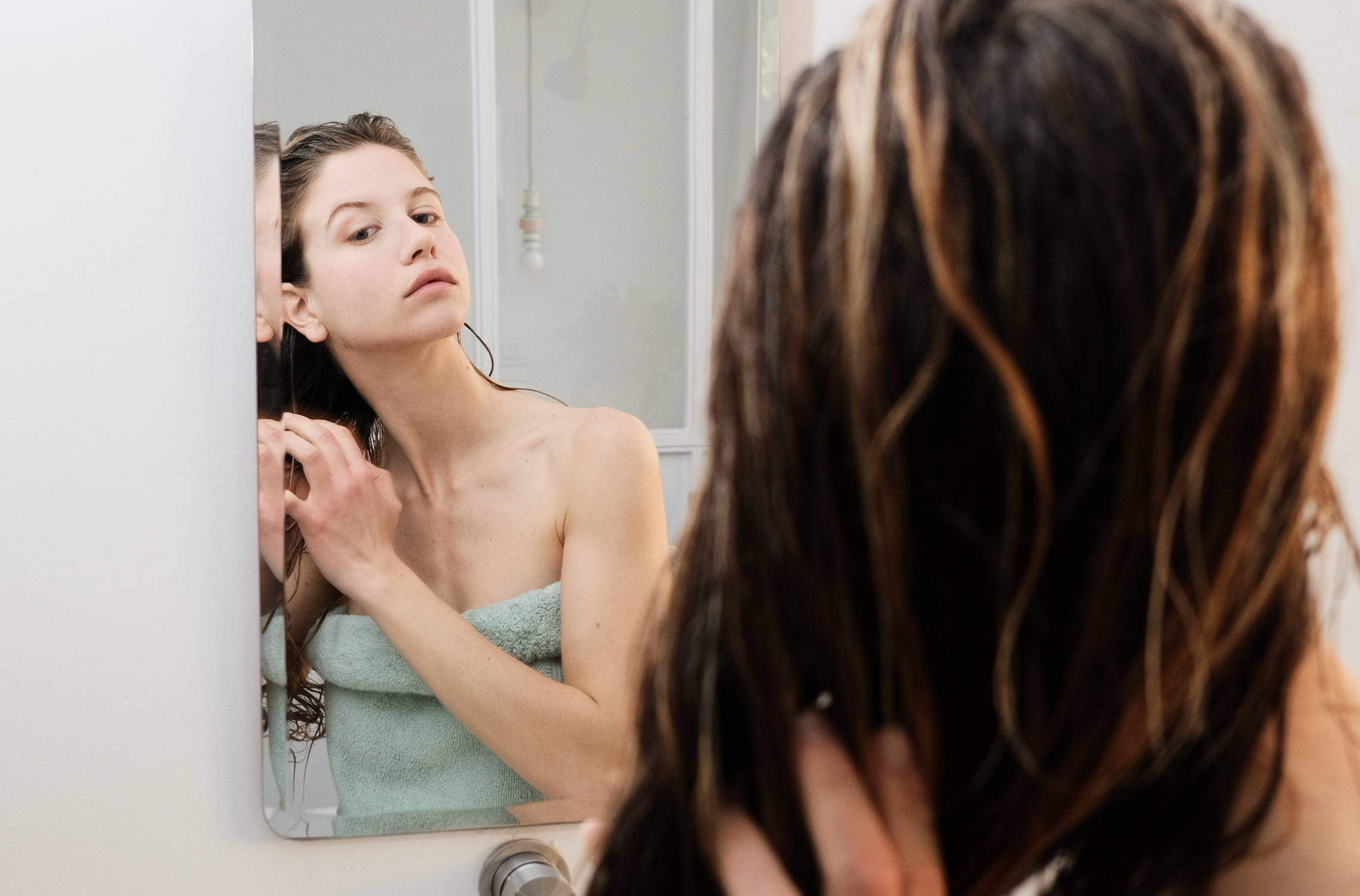
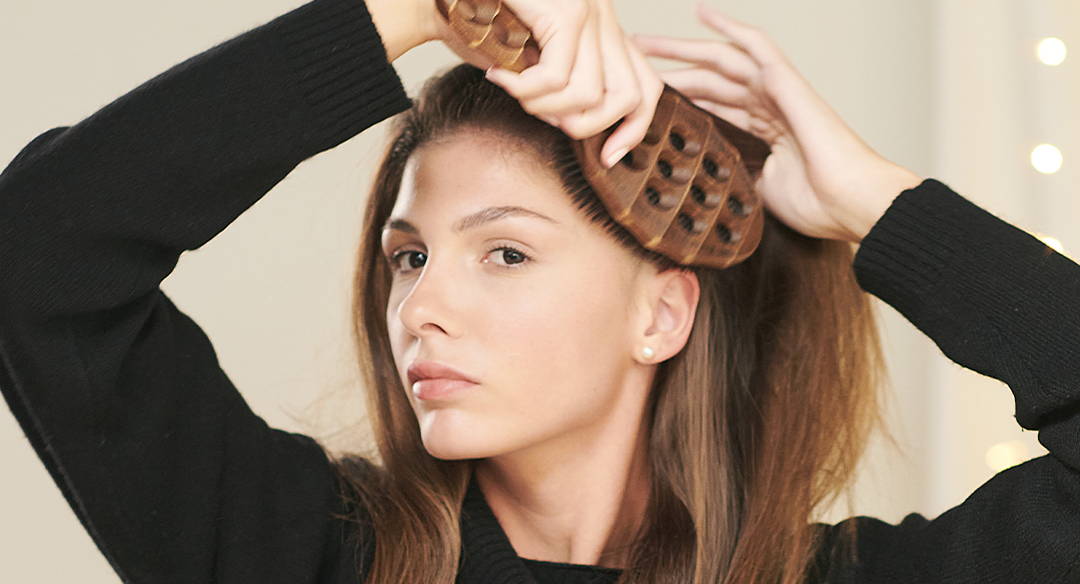
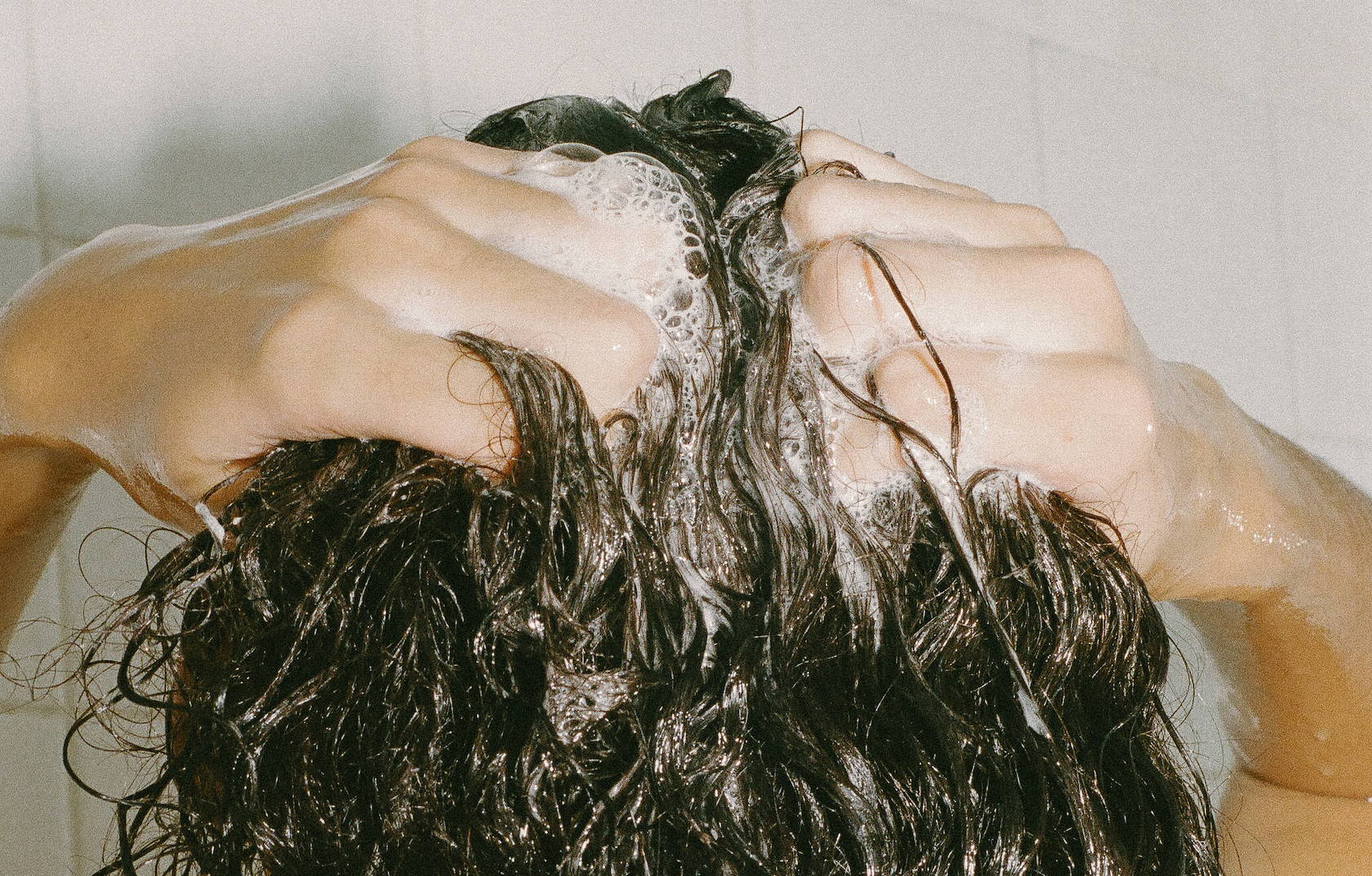



Leave a comment
Comments will be approved before showing up.